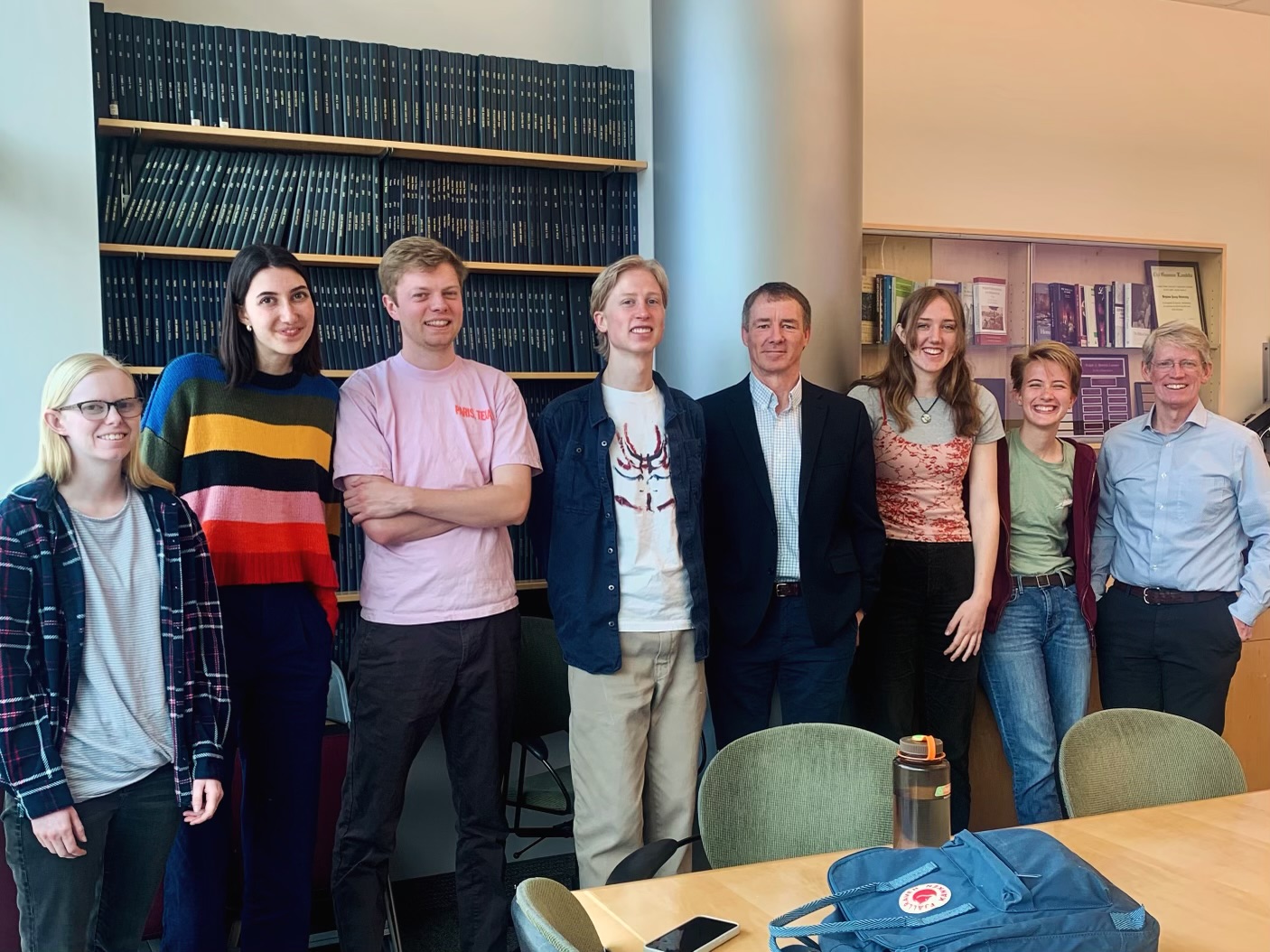
The BYU Kennedy Center’s new global environmental studies minor and club unite students across multiple disciplines and help them learn how environmental sustainability applies to their field of study.
Julia Morgan, a product design major at BYU and co-president of the Global Environmental Studies club, wanted to supplement her major with environmental learning to become more aware of her impact on the earth and reduce waste.
“When I involve the environment and sustainability into my thought process for a subject, I automatically care so much more about it. It deepens my connection to the subjects I’m studying and so I think that will be true no matter where I go in life,” Morgan said.
The minor, created only last year, includes an intro class, a mix of science and humanities courses and a capstone class.
For Morgan, the intro class perfectly mixed religion, humanities and the environment.
“That period of class was so inspiring. Every day I left and I was like, ‘Wow, there are people that are doing such interesting things,’” Morgan said.
She said it gave her hope of finding an environmental niche in her major and help future employers see that even though she didn’t study environmental science, it’s still something that’s important to her.
“It’s just been really awesome to have a little bit of science, but in a way that I can handle it as a humanities and design person,” Morgan said. “I think that’s what the minor is meant to do — connect people from all disciplines to the environment.”
Beck Seamons, a neuroscience major who is co-president of the club with Morgan, said the club has helped sate his interest in environmental science and been a place to meet like-minded people.

“I feel like it’s kind of a place where all people who are interested in the environment can collaborate no matter what their background is, no matter if they know the science or if they are just interested on a surface level,” Seamons said.
The club’s activities include film screenings, a book club and faculty lunches where professors of different backgrounds describe their work. This semester has included several movie nights and discussions about the environmental history of Latin America.
Morgan and Seamons both stressed that no matter what someone’s field of study is, there is a place for them in the minor and club.
For Seamons, “taking soil samples” is not the only important way to contribute to a greener world.
“It’s helped me to understand that actually my work, my future career could contribute to the environment in so many ways. You don’t just have to be an environmental scientist, you know?”
According to the its webpage, the minor will equip students with tools to be effective environmental leaders and communicators, and complement their studies in other fields.
George Handley, a comparative arts and letters professor at BYU, serves as the faculty coordinator for the minor and club. The club can also be found on Instagram.




